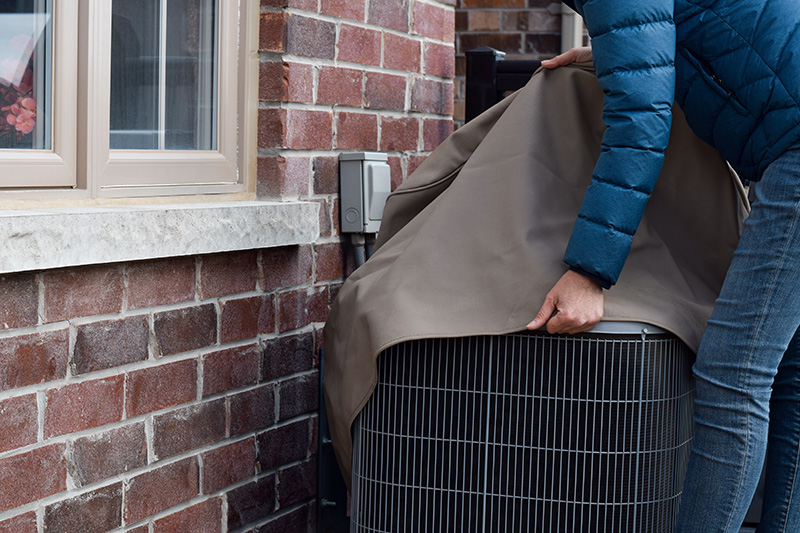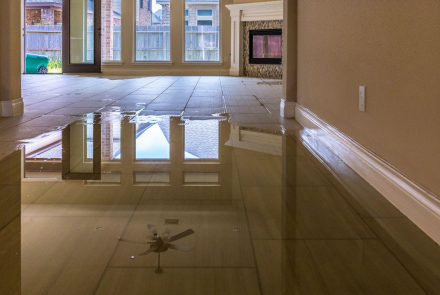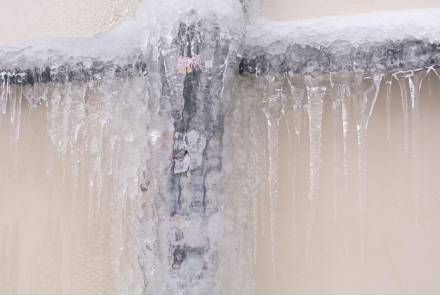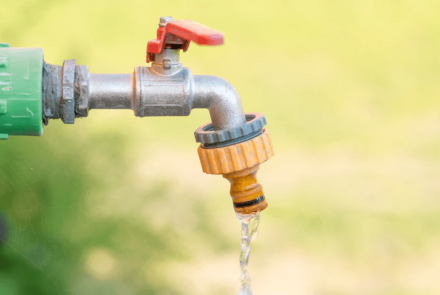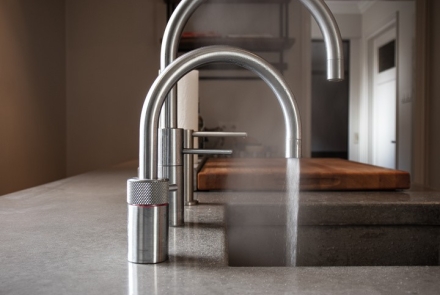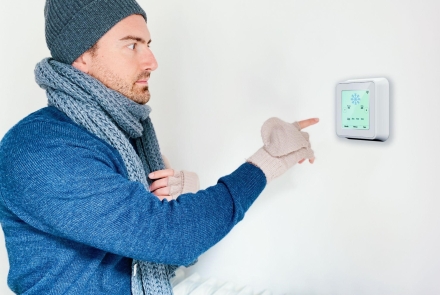As the winter season approaches, it's important to consider the impact it can have on your HVAC system. Extreme temperatures, ice, and snow can affect the efficiency of your HVAC system. In this blog, we explore the challenges that winter brings for your HVAC system. We also discuss winterizing and how to prepare your HVAC system for the colder months.
Challenges that Winter Brings for Your HVAC System
Winter poses several challenges for your HVAC system. Very low temperatures can cause water within your pipes to freeze. This leads to potential pipe bursts and water damage. Snow, ice, and debris can obstruct outdoor units and vents. This limits airflow and reduces the efficiency of your HVAC system. Cold weather causes your HVAC system to work harder to keep your home comfortable. This can create more wear and tear on your system. Temperature inconsistencies and thermostat malfunctions are common during winter. This can affect the performance of your HVAC system.
The Necessity of Winterizing Your HVAC System
Winterizing your HVAC system is crucial for maintaining its efficiency. It also helps to prevent some of these potential issues. Winterizing allows you to identify and address any problems before they worsen. This saves you from costly repairs or system failures. Winterizing also helps optimize your HVAC system's efficiency. It can help to reduce energy consumption and lower your utility bills. Preparing your HVAC system for winter can help extend its lifespan. It reduces strain and prevents unnecessary wear on components. Winterizing ensures consistent indoor temperatures. It provides a comfortable home for you in these colder months.
Effective Strategies to Winterize Your HVAC System
Follow these essential tips to winterize your HVAC system.
- Schedule professional maintenance. Arrange for a certified HVAC technician to come to your home for an inspection. They can perform a thorough inspection and maintenance before the start of winter. They will check your system, clean or replace filters, and address any needed repairs.
- Protect outdoor units. Clear away snow, ice, and debris from outdoor units to ensure proper airflow. Consider covering the unit with a waterproof cover. This can help to shield it from harsh weather conditions.
- Insulate exposed pipes. Use insulation sleeves or heat tape to protect exposed pipes from freezing. Pay particular attention to pipes in unheated areas. These include attics, basements, and crawl spaces.
- Seal air leaks. Identify and seal any gaps or leaks. Check your windows, doors, and ductwork to prevent drafts and reduce heat loss.
- Upgrade thermostat. Consider investing in a programmable or smart thermostat. These can help to optimize temperature control and energy efficiency. These thermostats allow you to schedule temperature adjustments based on your daily routine.
Contact Us
Winterizing your HVAC system is a crucial step in your seasonal maintenance plan. It helps to ensure proper performance, energy efficiency, and longevity during winter. By understanding the challenges that winter brings, you can better prepare your system. You can enjoy a comfortable and efficient home environment throughout the winter season. Be sure to contact our HVAC technicians to winterize your HVAC system. With winterization, you can protect and maintain your HVAC system for years to come.

